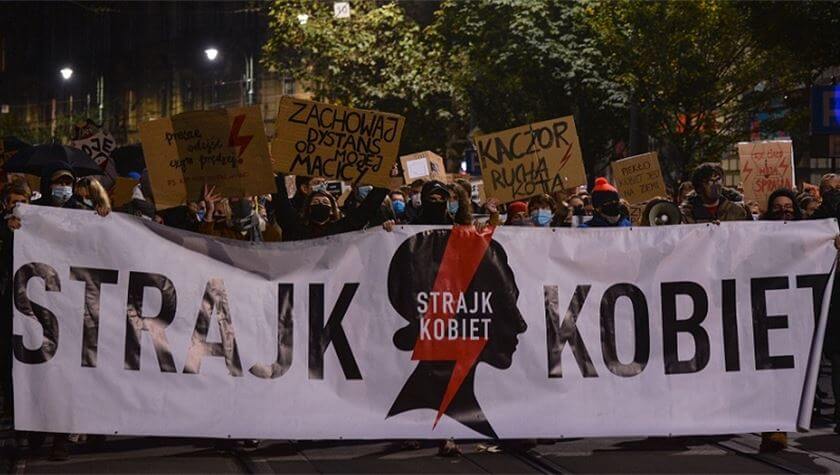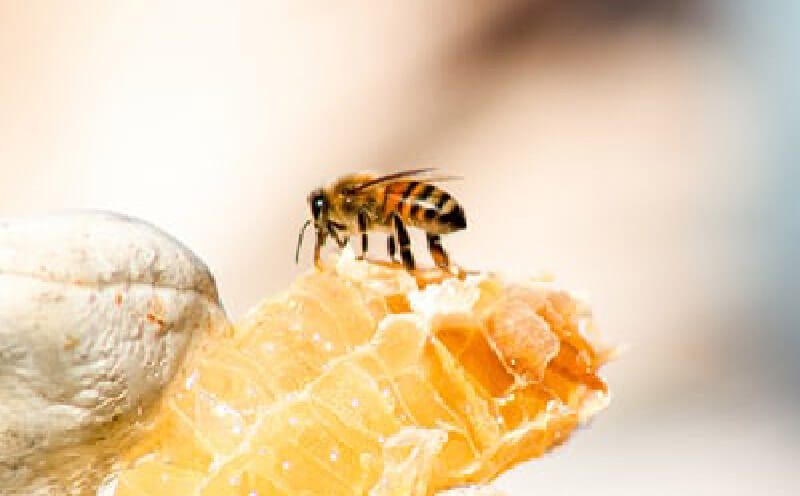In many cases, unions in Europe have helped nonunionized workers whose jobs are precarious, according to new Cornell research.
In “Dualism or Solidarity? Conditions for Union Success in Regulating Precarious Work,” published in December in the European Journal of Industrial Relations, the researchers surveyed academic articles to see how often they would find evidence of unions helping nonunionized workers or helping only their own members, and which conditions were associated with each outcome.
The paper was co-authored by Laura Carver, M.S. 20, and Virginia Doellgast, associate professor of international and comparative labor in the ILR School.
Unions respond to growing worker insecurity in different ways, Carver said.
In some cases, unions work with management to protect their own members while allowing management to cut pay or otherwise increase insecurity for nonunionized workers, she said. This is called dualism, because it creates a dual labor market where unionized insiders are still paid relatively well and have some job security, and nonunionized outsiders are subjected to increasing insecurity.
Unions also can act in solidarity with nonunion workers by proactively extending union protections and increasing security for precarious workers. Examples of union support include the Unite union support of the “Justice for Cleaners” protests in the United Kingdom and support by the French union CGT for the “sans papiers” movement for undocumented immigrant workers in France.
A third union response is described as “failed solidarity” by Carver and Doellgast.
“Unions’ attempts at inclusivity are not always successful – in other words, attempts to stand in solidarity with nonunion workers sometimes do not actually reduce their experiences of precarity,” Carver said.
After surveying 56 case study-based articles published between 2008 and 2019, they found that:
- In 46% of cases, solidarity was practiced when unions improved working conditions for the peripheral workforce. This includes cases in which the union simultaneously improved conditions for the core workforce, as well as those in which the conditions for the core workforce remained stable or even declined.
- In 26% of cases, the unions practiced dualism by maintaining or improving working conditions for the core, unionized workforce, with either no attempt to address precarity for peripheral workers or increased precarity for these workers.
- In 12% of the cases, solidarity failed – there was no reduction in precarity in spite of union attempts to regulate or improve conditions for peripheral workers.
- In 16% of cases, there were no clear outcomes of dualism, solidarity or failed solidarity.
“The fact that successful solidarity was the most common outcome is notable,” Carver said. “This suggests there is cause for optimism, or that increased precarity is not the inevitable outcome.”
Several factors were associated with each outcome.
“We didn’t find a single set of factors that are associated with successful union solidarity with nonunion workers, because different unions have different tools at their disposal,” she said. “We found that in countries or markets where unions have historically been strong, unions can leverage their existing power resources to extend protections to nonmembers.” When unions lack these resources, they are more likely to mobilize workers and community groups in combative actions such as protests.
In cases showing evidence of labor market dualism, Carver said, “we often saw different unions or labor representatives competing with each other, rather than working together to advance worker interests.” Dualism also occurred more often when unions were at a negotiating disadvantage due to economic conditions, and sought to address that disadvantage by cooperating with labor.
When looking at failed solidarity cases, the authors noticed that they often involved migrant workers. “One primary reason for this is that migrant workers are often at an extreme structural disadvantage – if they came to a country via their employer, that employer may have a lot of leverage over the worker,” Carver said.
Another reason is if migrant workers aren’t given enough voice within a union, this potentially keeps them from seeing a union as representing their interests. Building trust with underrepresented communities is an opportunity area for unions looking to push back against growing worker precarity.
“Unions can and should demonstrate their commitment to understanding and representing the concerns of marginalized workers, including migrant workers and racial minorities that face distinctive barriers to secure employment,” Carver said.
Mary Catt is the ILR School’s communications director.














